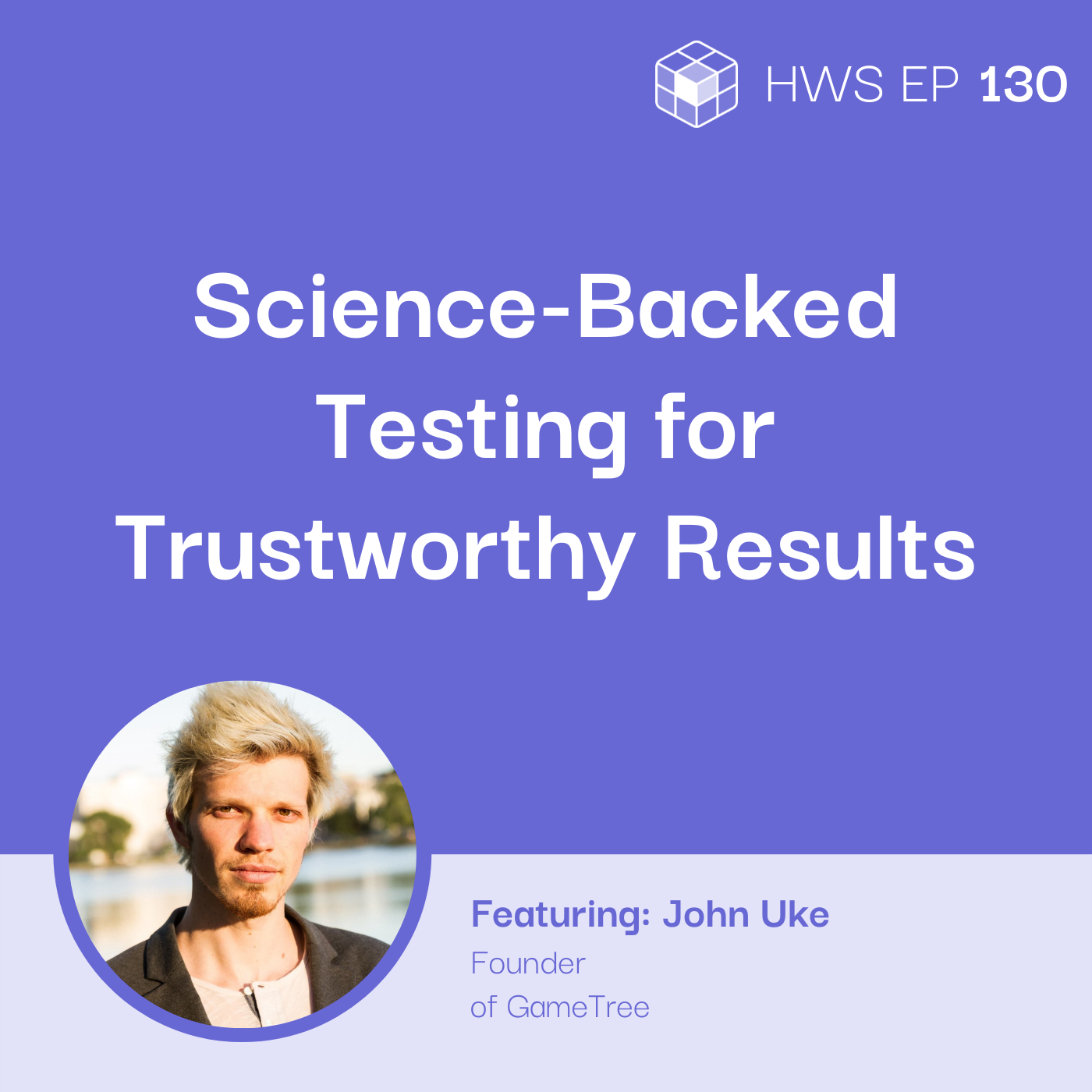Listen on:
Table of Contents:
Problem: How can leaders better understand the psychology of their teams?
Plenty of tests claim to offer insights into how individual minds work. The only issue is that most of them are complete junk. That’s according to John Uke.
It’s just self-reporting. It’s asking you, like, ‘what are your biggest strengths? What are your biggest weaknesses?’ And you tell it, and then it’s like, these are your biggest strengths. And these are your biggest weaknesses. And just kind of tells you what you told it without adding a lot of value.
Utilize Science-Backed Testing that Delivers Trustworthy Results
John says he’s developed a new kind of psychological assessment that delivers unprecedented accuracy. With it, you gain new insight that helps you better lead your team.
When it comes to business, different kinds of people naturally gravitate to different kinds of roles within an organization, both based on what they’re naturally good at and what they enjoy doing. Kind of like ants, or bees, or termites. So we actually have a similar code in ourselves. We’re not all just completely a byproduct of nurture. And so, by being able to analyze somebody’s psychology that you’re working with, you can learn how to get more out of them, or if you’re hiring people, you can also understand, like is this somebody who’s naturally predisposed for this sort of role? Are they going to enjoy it?
Tip #1: Account for Personality Bias
First and foremost, a quality psychological test can help you better understand yourself. And when you better understand yourself, you’re a better leader.
It’s very important to actually consider these things. It’s not just like an ego trip being like, ‘Oh, I feel understood,’ but it’s actually like, ‘Oh, like everything good about me is also a weakness.’ So, if I’ve ever thinking this way, like I’m probably doing this too much, or I’m probably not seeing the other half of the picture.
Tip #2: Select Advisors/Co-founders/Employees/Mastermind Groups to Balance Yourself
A good test can also help you think microcosmically about how your team is structured. It’s important to balance out relative strengths and weaknesses to ensure you have all your bases covered.
You can look at these tests and understand your team. And then for the roles, there isn’t necessarily like a definitive what’s best because the world is so big, complicated, and changing. But there are a lot of recommended careers, or you could have a job or best personality type sport for the job and find the recommended kinds of people for that.
Tip #3: Create Space and Asking the Right Questions
With Success Cards, you can explore crucial questions about your business without breaking your brain.
It’s essentially 101 different lenses or points of view to look at your business through, whether it’s a startup or a potential business or an existing business, or even a role within a business. So, there’s different categories and sections, but they’re arranged just initially in the order of building a venture. So, there’s that kind of commitment at the beginning.
John Recommends these Resources:
This interview is part of the How We Solve podcast. To hear more from industry experts who are solving everyday business problems, check us out on Spotify, Apple Podcasts, and on our website.
About the guest

This episode features John Uke
John Uke is a Silicon Valley tech entrepreneur who moved to Ukraine 6 years ago to bootstrap his gamer recommendation app startup, GameTree, that now has 450,000 users. He attended Babson, the top entrepreneurship college in America. He has since started Success Cards, architected two coding bootcamps, mentored a hundred people around the world on how to code, and has done psychological optimization consulting for high-level teams.
Listen on:
